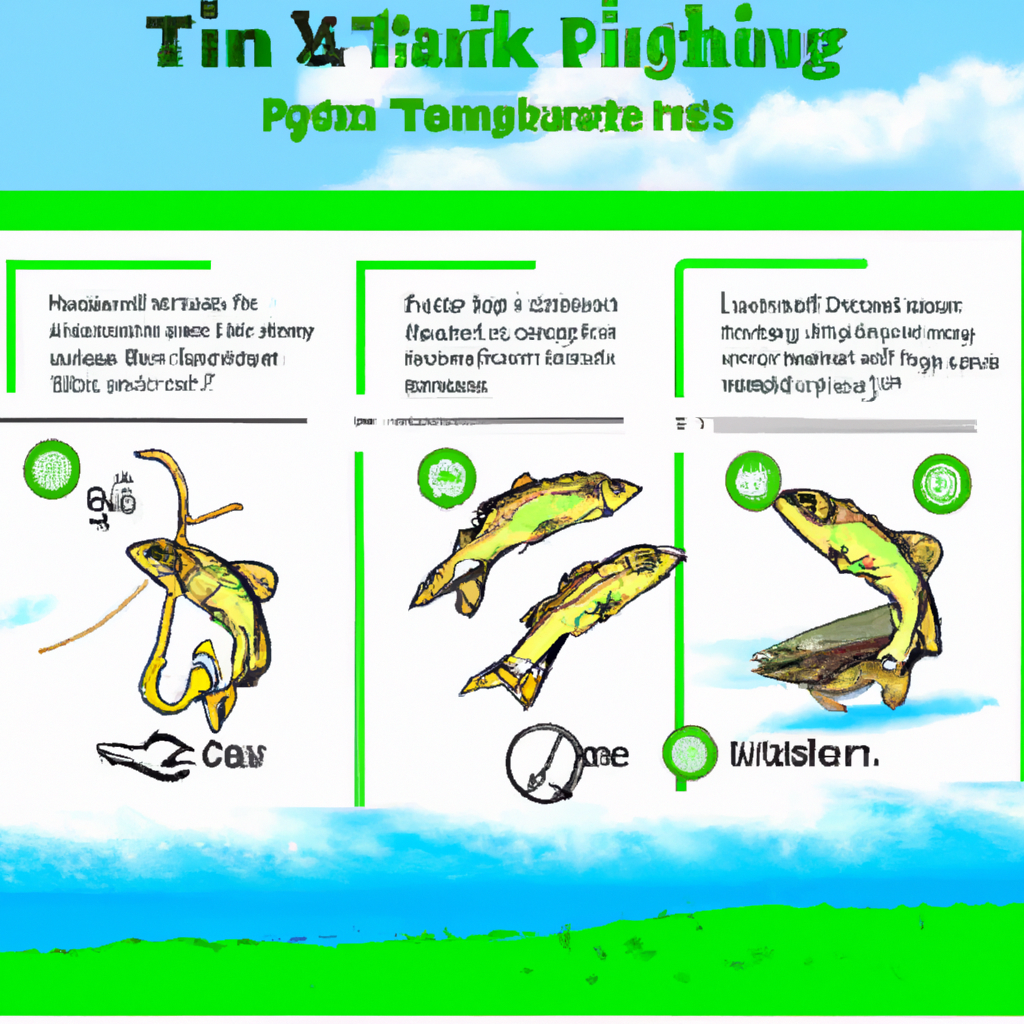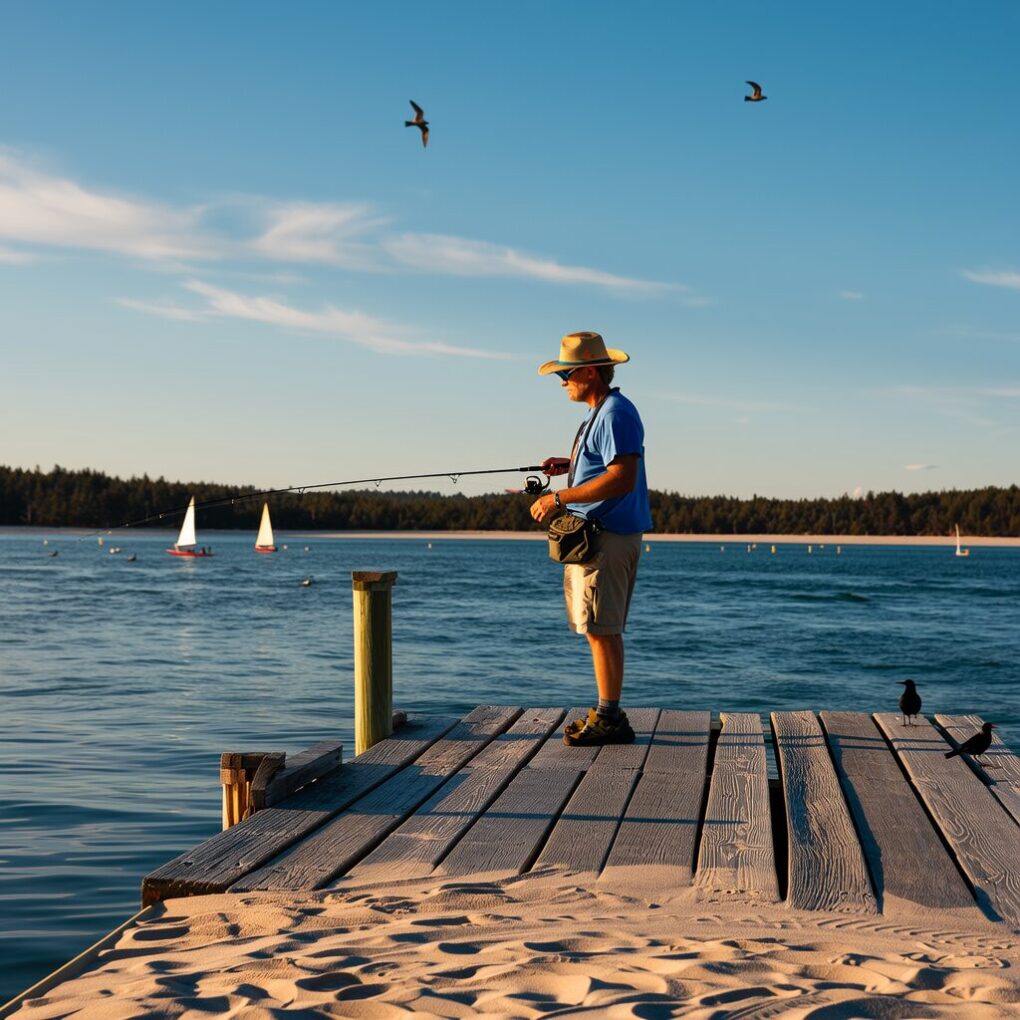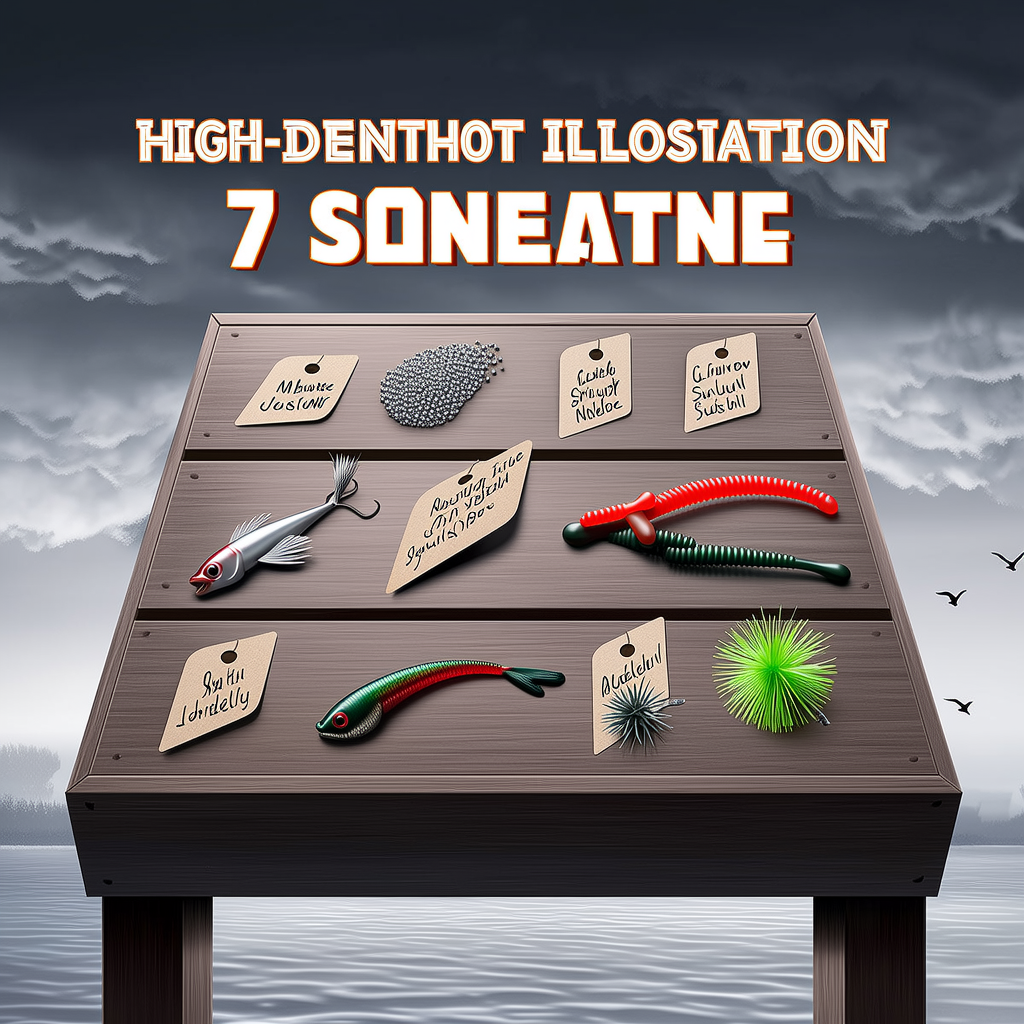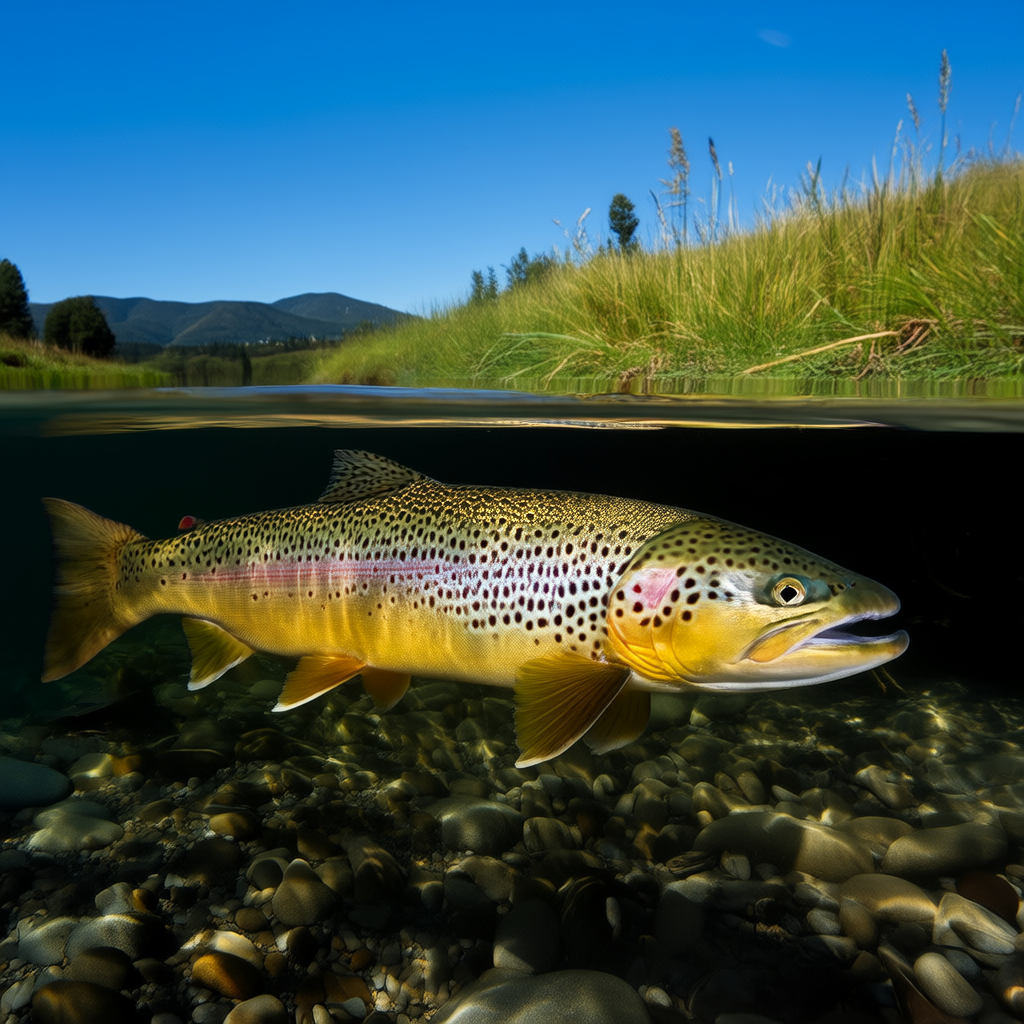Understanding the weather is as important to fishing as knowing how to use a fishing rod. Weather patterns are important in determining the location of fish, their behavior, and the type of bait to use. Being aware of the weather is important for your safety on the water. This article will help you become a better angler by educating you on the fascinating world that is weather fishing.
What is weather fishing?
Weather fishing is the art and science of using weather patterns as a tool to catch fish. A variety of factors are involved, including wind direction and temperature, air pressure and precipitation. Understanding these factors can help you predict the location of fish, what they eat, and their likely behavior.
Weather Fishing: It’s Important
The weather can make or ruin your fishing experience. You can be miserable, cold, and wet if you are not prepared. If you know what to wear, you can make the most out of your time on water.
Understanding how weather patterns affect fish can also help you catch more. Knowing where and how fish will behave and where they are likely to be can give you an advantage over other fishermen who simply cast their lines and hope for the best.
How weather impacts fishing
Take a look at how the weather can affect fishing:
Wind
The direction of the wind has a major impact on fish behavior. When the wind blows towards the shore the baitfish are pushed closer to shore which attracts predatory fish such as bass and pike. When the wind blows away from the coast, baitfish are pushed out further to sea. This can make it harder to catch fish.
On a calm, sunny day, the fish are usually more dispersed and harder to locate. When the wind blows, fish tends to congregate around certain areas. This makes it easier to catch.
Temperature
The temperature of the waters can affect what fish eat and how they behave. When the water is warm, fish are more active and feed on insects or other smaller prey. As the water cools, fish become less energetic and more likely to hunt larger prey.
Air Pressure
Air pressure can have an impact on fish behaviour. When air pressure is higher, fish are less active and can be harder to catch. When air pressure drops, however, fish become more active, and are more likely to bite.
Precipitation
Rain can have both a positive and negative impact on fishing. When it rains, fish are more active and swim closer to the surface. Rain can also wash nutrients into the water which can attract fish and other prey.
A heavy downpour can also make fishing difficult. The water can become murky and muddy, making it difficult for fish to see lures. It can also be difficult to stay warm and dry on the water when it is raining heavily.
Seasonal Changes
It’s also important to remember that seasonal changes may have an impact on fishing. Fish are more active in the spring and fall and can be found in shallower waters. In the summer when the water is warm, you may find fish in deeper water.
Weather and Fish
Now that you understand how the weather affects fishing, let’s look at how it affects fish behavior.
Bass Fishing
Bass are a very popular fish, and one of the most weather-dependent fish. Bass are usually found in shallow water near the shore during spring. Bass move to deeper waters when the water temperature begins to rise. During the summer they can be found around docks and brush piles, in deeper water.
In the fall, the bass return to shallower waters where they feed on the baitfish in preparation for the winter months. During the winter months, bass become less active and are often found in deeper waters.
Panfish fishing
Panfish species such as bluegill, sunfish, and crappie are often found in shallow waters near the shore. During the summer they can be found deeper in the water where it is cooler and has more oxygen. During the winter months, panfish can be found in deeper waters, near the bottom.
Trout fishing
Trout prefer cool, clear rivers and streams. During the summer they may move deeper to cooler water. During the fall trout are often found in shallower waters, close to shore. During the winter they are found in deeper waters, near the bottom.
Expert Tips for Weather Fishing
Here are some expert tips for making the most of your fishing time now that you know how weather affects fishing:
1. Check the Forecast
Check the forecast before you go out on the water. Do not just pay attention to the temperature, but also the precipitation and the air pressure. This information will help you decide where to fish and the type of bait to use.
2. Dress Appropriately
Dress appropriately for the weather. Dress in layers if it’s going be cold and windy. Wear a windbreaker. Wear light, breathable clothing if it’s going be hot.
3. Bring the Right Gear
Be sure to have the right gear. Bring a raincoat and rain pants if it’s raining. Bring sunglasses and sunscreen if it’s sunny.
4. Fish near Structures
If the wind blows from the shore, you should fish near structures such as docks, weedbeds, and rock formations. Fish closer to the shore when the wind blows towards the shore. You can take advantage of the fact that the wind pushes baitfish towards the shore.
5. Look for Drop-Offs
Fish love to be in drop-offs where the water depth changes rapidly. Look for drop-offs with structure, such as rocks or weedbeds.
6. Attention to water temperature
You can find out where the fish are by paying attention to the water temperature. You can use a thermometer for determining the temperature of water.
7. Change Your Bait
Try out different baits and see what works. Be willing to try new baits. Fish may bite more readily if the weather is good.
8. Stay Safe
Safety should always be a priority. If the weather is too bad, do not risk going out on water. Wear a life jacket and ensure you have all the necessary safety equipment aboard.
Conclusion
Weather fishing can be a rewarding and fascinating pursuit. Understanding how weather affects fishing will help you become a better angler and keep yourself safe on the water. Always check the weather forecast, dress appropriately and bring the right equipment. These tips and a bit of patience will help you catch more fish and have a great time out on the water.




